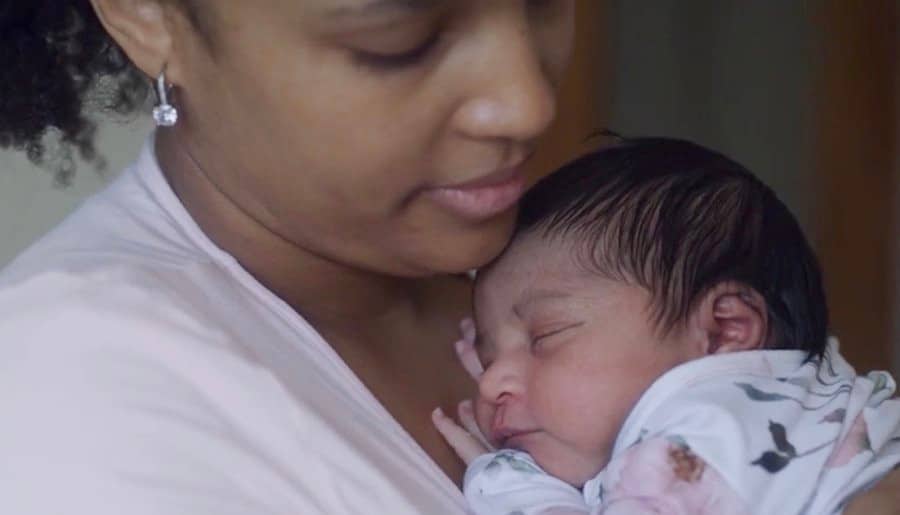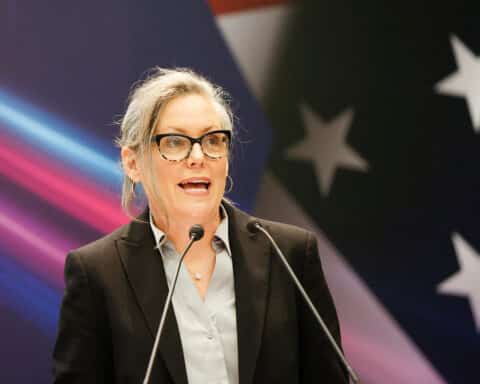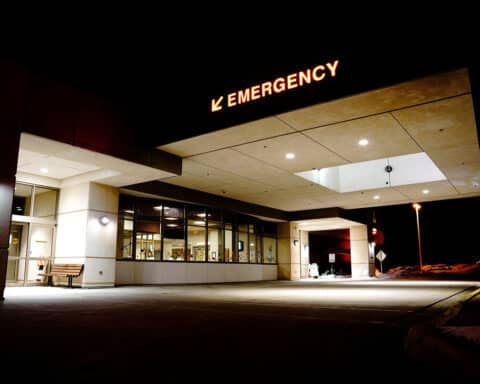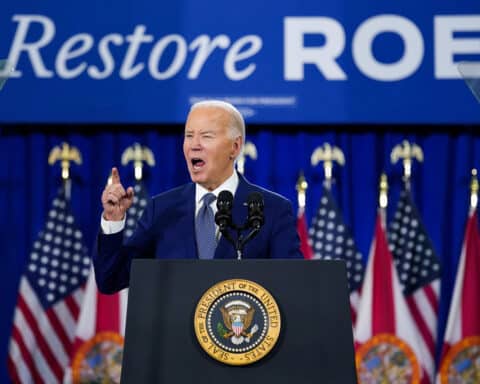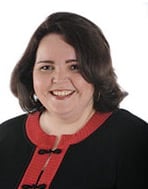
Those words are not from the late Senator Henry Hyde, pro-life stalwart. They are from a constituent letter from the late Massachusetts Sen. Edward M. Kennedy in 1971. He, like President Joe Biden and many others, started out against abortion, because it was what decent people did, even before we knew the science like we can see in sonograms today. But many a Catholic Democrat conceded to the abortion industry, fueled by the confusion of the sexual revolution.
Ryan T. Anderson and Alexandra DeSanctis quote the letter in their new book, “Tearing Us Apart: How Abortion Harms Everything and Solves Nothing” (Regnery Publishing, $29.99). The book is a great resource in these post-Roe v. Wade times.
One of the great consolations of this time is that most people who consider themselves pro-choice do not wake up in the morning thinking about abortion. Polls consistently show us this. A pro-life Ivy League professor posted on social media during the weekend after the Supreme Court’s decision in the Mississippi abortion case about being at the home of a pro-choice colleague who had a sonogram picture of her coming grandchild on her refrigerator. They were able to have a human moment about that. We need more of those. “Tearing Us Apart” helps equip people for the long-haul work of undoing decades of delusion, denial and misinformation. Abortion isn’t good for women, in any possible way.
On the Monday after the Supreme Court overturned Roe, I stood across the street from the Supreme Court and prayed. In thanksgiving. In reparation. Begging for peace. Begging, too, for miracles. It was about 1:30 in the afternoon, and there was a small rag-tag group of people angry about the decision. One woman was yelling about God being pro-genocide because of the flood in Genesis. (I’m not entirely sure if she was acknowledging that abortion is a genocide, but she was definitely pro-abortion.) Another had a sign that said, “If God could kill his son, why can’t I?”
On the Sunday after the ruling, a conventionally popular Democratic woman in Congress was on one of the network shows, explaining that the reversal of Roe v. Wade “will kill people no matter what their spin and what their talking points are.” She was specifically talking about Arkansas, which has now banned most abortions, along with some other states, now that they can. She takes the position that women will die, but she pays no the attention to the fact that there are thousands of pro-life ministries that deeply care for mother and child, and that the child deserves protection in a pregnancy.
The outrage in the country — or at least in the media — along with attacks on churches and pro-life centers also betrays something that we have known from polling for a long time: Most people don’t know what Roe is. Thirty hours or so into life after Roe, I walked off a train in Washington, D.C., and encountered young people leaving a pro-abortion rally. One of the gals said she had to walk away from a man because he was encouraging violence. She said she wanted nothing of that. Clearly, she misses a key point of abortion. Lovingly educating and witnessing and serving is the work we must be doing from now until the end of our — and abortion’s — days.
Kathryn Jean Lopez is a senior fellow at the National Review Institute and editor-at-large of National Review.

